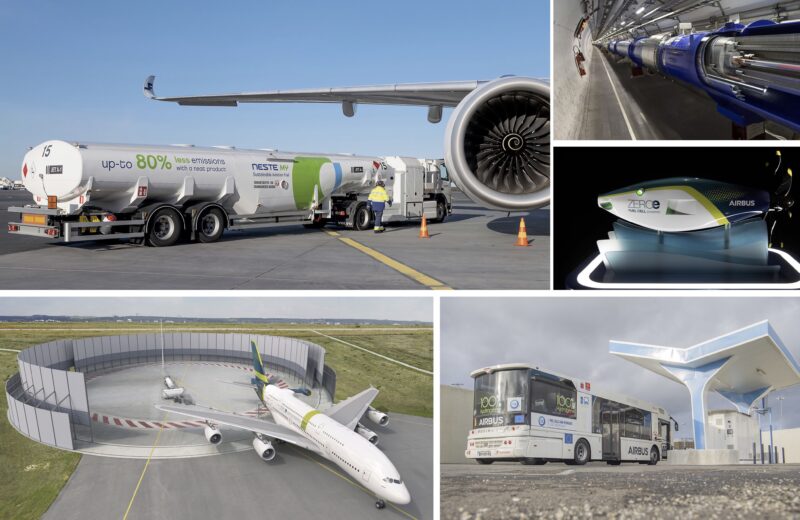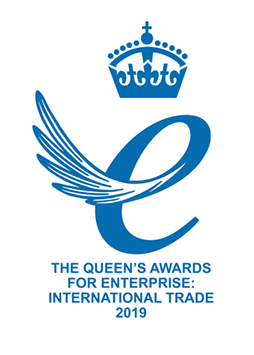Airbus: SAF and hydrogen are immediate answers to decarbonisation

Hydrogen fuel for ground vehicles and SAF for in-service aircraft provide the opportunities for immediate short-term impact in decarbonising aviation, an Airbus spokesperson told Revolution.Aero.
“Both have enormous potential, but the opportunities for immediate short-term impact do lie with hydrogen-powered ground infrastructure and vehicles and SAF for in-service aircraft,” said the spokesperson.
This week the French OEM held its Airbus Summit to show the achievements it is making towards decarbonisation goals and the future of sustainable aviation. It announced agreements with Neste, Renault Group, the European Laboratory for Particle Physics and hydrogen fuel developers ArianeGroup and HyPort. The firm is also working on a hydrogen-powered fuel cell engine.
“There is no single solution to enable the decarbonisation of the aviation industry. Therefore, the exploration of multiple avenues, technological pathways is required, in order to provide options, multi-faceted solutions,” said the spokesperson.
The agreement with Neste, a Memorandum of Understanding (MoU) to jointly advance the production and uptake of SAF, is the second agreement between the companies. Julie Kitcher, executive vice president, Communications and Corporate Affairs, Airbus, said: “All Airbus aircraft are already certified for flying with up to 50% SAF and this partnership will be instrumental to reaching certification for up to 100% SAF before the end of the decade.”
Airbus has also made a similar agreement with Renault Group to explore electrification. The two will work together on areas including energy management optimisation, battery weight improvement and future lifecycle.
As noted, hydrogen also forms part of Airbus’ approach to decarbonising. The deal with HyPort, a joint venture between ENGIE Solutions and the Regional Agency for Energy and Climate in Occitanie, France, is aimed at installing low carbon hydrogen production and distribution stations at airports. Airbus is also working Safran, in a joint venture called ArianeGroup, to build a liquid hydrogen refuelling facility for ZEROe aircraft at Toulouse, Blagnac airport. The station will be operational in 2025.
“Airbus has the ambition to develop the world’s first zero-emission commercial aircraft by 2035,” said the spokesperson. “We are currently maturing technology options to inform future decisions about what our first hydrogen-powered aircraft will actually look like. As previously communicated we expect to launch the programme between 2027-2028, which is when we will freeze the configuration of the future ZEROe aircraft.”
It says it will begin ground and flight testing its fuel cell engine architecture for the ZEROe demonstrator towards the middle of the decade.







